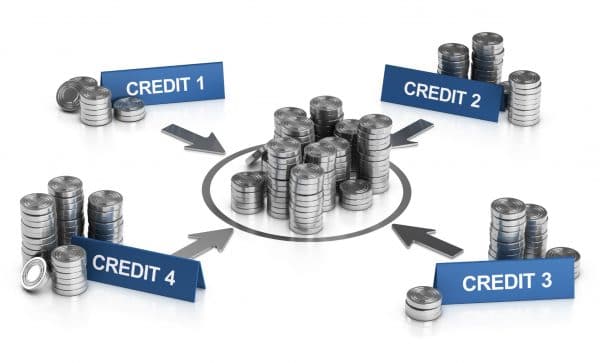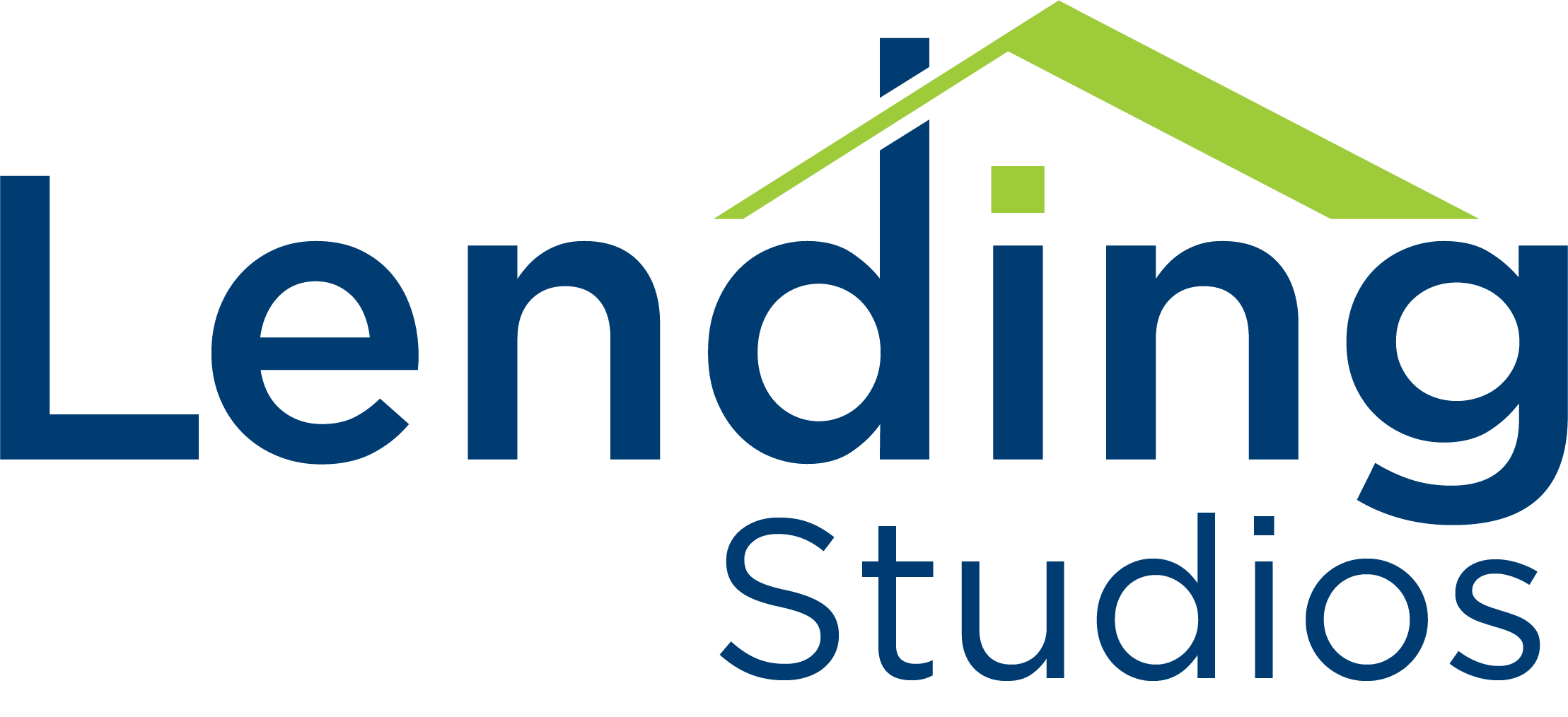Debt Consolidation

Debt consolidation can help show people a way to financial freedom. If you make your payments on time and manage spending habits, then consolidating your debts could mean paying them off years faster than originally planned.
What Is Debt Consolidation?
Debt consolidation takes multiple high-interest debts and puts them into one lower interest payment. Overall, it can reduce total debt and organize it so you can get it paid off faster.
All this debt is rarely to one creditor. Most debt is divided into multiple categories like credit cards, student loans, car loans, medical bills, payday loans and mortgages, with credit card debt accounting for the most commonly consolidated debt.
Should You Consolidate?
If you’re dealing with multiple debts and want to reorganize multiple debt bills which have various interest rates, payment amounts, and due dates, this could be a good option.
You should consolidate your debt if you’re ready to be debt-free. This is also a good option if you want to save money on interest and qualify for a lower payment to make paying them off easier.
Consolidating also helps manage your bills by giving you only one bill to handle. No more having multiple due dates, interest rates, or payment amounts – you’ll only have one.
How Does it Work?
Debt consolidation can happen one of two primary ways:
- 0% interest, balance-transfer credit card
This allows you to move all your debts on to this card and pay the balance in full during the promotional period. - Fixed-rate debt consolidation loan
This will allow you to use money from the loan to pay off your debt, then pay back the loan in installments over a certain length of time.
Other options include taking out a home equity loan or a 401k loan. These options can be riskier because you risk your home or retirement. It’s important to look into your options with your credit score and debt-to-income ratio in mind.
Is it a Good Idea?
When you look into debt consolidation, it’s important to go into it with a game plan. Take the following into consideration when looking at rolling your debts into one payment:
- Your total debts (minus your mortgage) doesn’t except 40% of your gross income
- The credit score you have allows you to qualify for a 0% credit card
- Your credit score is good enough for a loan consolidation loan
- The money you have incoming covers future debt payments
- You have a commitment to not going into high debts again
If you’re not able to relate to any of those, then debt consolidation might not be for you at this time. Talk with one of our specialists to learn more about your standing.
When Shouldn’t I Consolidate?
Consolidating debts won’t solve all of your money problems. It won’t help excessive spending or not managing money properly. Some kinds of debt can’t be consolidated.
What Types of Debt Can I Consolidate?
While you can’t consolidate everything, there are many common debts that you can. Debts that can be consolidated include:
- Credit cards
- Student loans
- Medical bills
- Pay day loans
- Personal lines of credit
Debt Consolidation vs. Debt Settlement
Settling debt is different than debt consolidation because it involves negotiating with creditors to settle a debt for less than what is owed. When you consolidate, you make an effort to combine all your debts from multiple creditors by getting a single loan to pay them all.
You’re Not the Only One in Debt
Debt.org reports that the American household debt hit a record $13.21 trillion in 2018. If you had to write that check it would come out to be $13,210,000,000.00. You’re not alone in having debt. But wiping out debt is a decision. Once you have decided you’re going to get out of debt, it’s only a matter of time before you are debt free. So, do your homework and research what debt relief options are the best for you.
